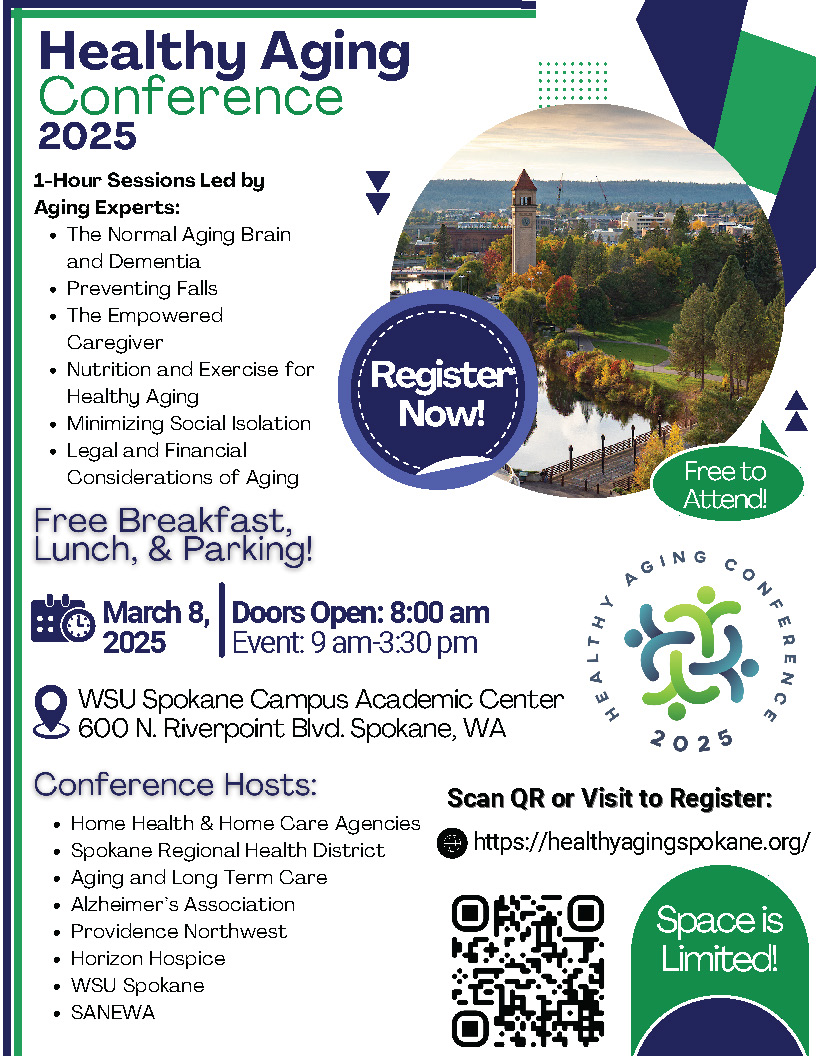10 Healthy Habits for Your Brain: A Look at Alzheimer’s & Dementia
Posted on January 15, 2025 at 6:00 am

Guest post by Sean Jonz
The Alzheimer’s Association is leading the way to end Alzheimer’s disease and all other dementias, both around the world and in our community.
These are some facts about the Alzheimer’s crisis:
- Nearly 7 million Americans are living with Alzheimer’s
- Over 11 million people are providing unpaid care for people living with the disease
- Alzheimer’s is one of the costliest conditions in our society
- Left unchecked, Alzheimer’s disease can destroy finances, families and futures
Alzheimer’s Disease & Dementia
A question that often arises is “What’s the difference between dementia and Alzheimer’s?”
Dementia is a general term for loss of memory, thinking, language, problem-solving, and other abilities that are severe enough to interfere with daily life. Alzheimer’s is the most common cause of dementia. Dementia is not a single disease; it’s an overall term—like heart disease—that covers a wide range of specific medical conditions, including Alzheimer’s disease.
Disorders grouped under the general term “dementia” are caused by abnormal brain changes. These changes trigger a decline in thinking skills, also known as cognitive abilities, severe enough to impair daily life and six independent functions. They also affect behavior, feelings, and relationships. Alzheimer’s disease accounts for 60–80% of cases.
The greatest known risk factor for Alzheimer’s is increasing age, and the majority of people with Alzheimer’s are 65 and older. It is called younger-onset or early-onset Alzheimer’s if it affects a person under 65. People with younger-onset Alzheimer’s can be in the early, middle, or late stage of the disease.
Alzheimer’s worsens over time and is a progressive disease, whereas dementia symptoms gradually worsen over a number of years. In its early stages, memory loss is mild, but with late-stage Alzheimer’s, individuals lose the ability to carry on a conversation and respond to their environment. On average, a person with Alzheimer’s lives four to eight years after diagnosis but can live as long as 20 years, depending on other factors.
There are 10 warning signs to be aware of, including memory loss that disrupts daily life, difficulty completing familiar tasks, and confusion with time or place, just to name a few.
Because Alzheimer’s and dementia have such profound effects on individuals, families, and whole communities, all of us should be equipped to recognize the warning signs. Often times the 10 key warning signs and symptoms of Alzheimer’s can reveal themselves subtly.
Please note, it’s possible for individuals to experience one or more of these signs in varying degrees. It is not necessary to experience every sign in order to raise concern.
If you notice any of the warning signs of Alzheimer’s disease in yourself or someone you know, schedule an appointment with your doctor. The earlier someone is diagnosed, the more treatment options may be available. Some medications are only effective in the early stages of the disease.
When thinking about any treatment, it is important to have a conversation with a health care professional to determine whether it is appropriate and to weigh potential benefits and risks.
A doctor who is experienced in using these medications should monitor people who are taking them and provide information that can help to make informed decisions about their usage and care. To prevent drug interactions and unwanted side effects, it’s important that the doctor, pharmacist, and care team are aware of all medications being taken, including over-the-counter and alternative remedies.
The following 10 healthy habits are good for our brain health. I suggest doing as many of them as you can for maximum benefit.
10 Healthy Habits for Your Brain

Stay in School (Keep Learning)
Education at any stage of life will reduce the risk of cognitive decline and dementia. Encourage kids to stay in school, and find ways to continue your own learning—at your local library, community college, or community center.
Spokane County Library District (SCLD) provides in-person classes and workshops, free of charge, at their libraries throughout the year. Those with in-district library cards can access digital resources offering online classes, provided at no cost as well.
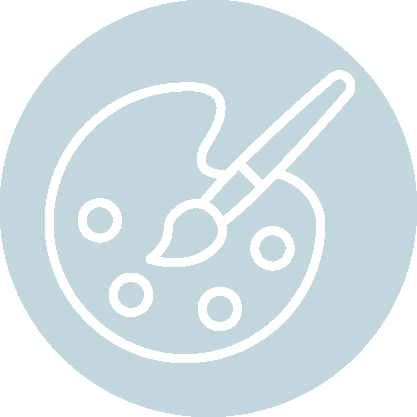
Challenge Your Mind
Stay cognitively engaged by trying something new or hard for you. Learn a new skill or try something artistic. Challenging your mind may have short- and long-term benefits for your brain.
If you have an in-district library card, you have access to digital resources offering online creative and artistic workshops.
You can also check out a Stay Sharp Kit (there are 19 different themes) that includes games, puzzles, and books that caregivers, friends, and family can explore together with those experiencing memory loss.
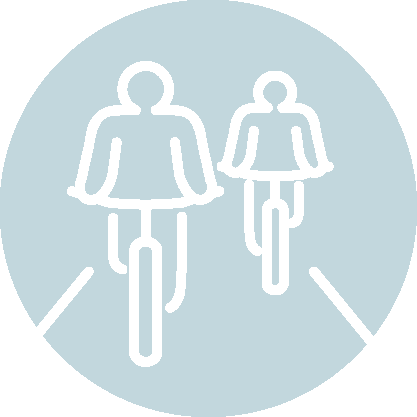
Get Moving
Regularly engage in physical activity that increases your heart rate and increases blood flow to your brain and body. Try to find new or more ways to build physical activity into your day. Speak with your doctor before beginning a new exercise regimen.

Eat Right
Balanced, healthy eating is good for the brain. This includes eating less saturated fat and processed foods and eating more vegetable, fruits, and lean proteins. Build in healthier food options that make sense for you and your everyday life.
If you or a family member enjoys cooking and trying new recipes, you can borrow cookbooks with healthy recipes from the SCLD catalog.
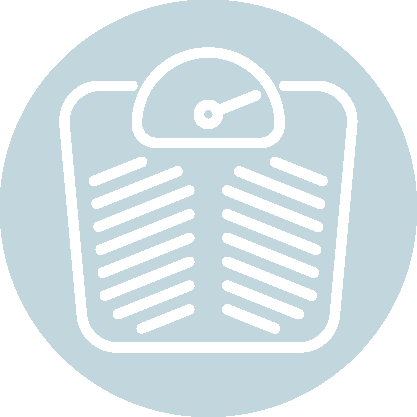
Maintain a Healthy Weight
A healthy weight is important for heart and brain health. There is compelling evidence that midlife obesity increases the risk for cognitive decline and possibly dementia.
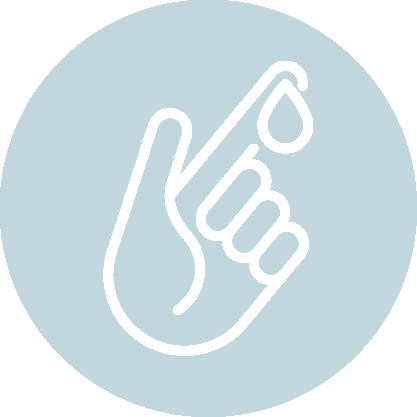
Control Blood Pressure
High blood pressure is a risk to brain health. Monitor your blood pressure and work with a doctor to keep it under control. Medications prescribed by your physician can be very effective. Other healthy habits, such as healthy eating, being physically active, and getting quality sleep can help too.
SCLD’s Library of Things includes a blood pressure monitor that can be checked out for 28 days and used at home.
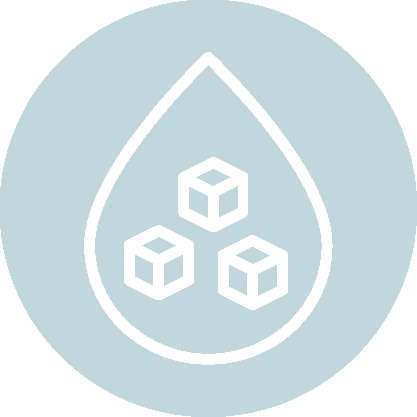
Build Awareness about & Manage Diabetes
Type 2 diabetes is also a risk to brain health. Type 2 diabetes can be prevented or controlled by healthier eating, increasing physical activity, and doctor-prescribed medication, if necessary. Work with a healthcare provider to control diabetes.
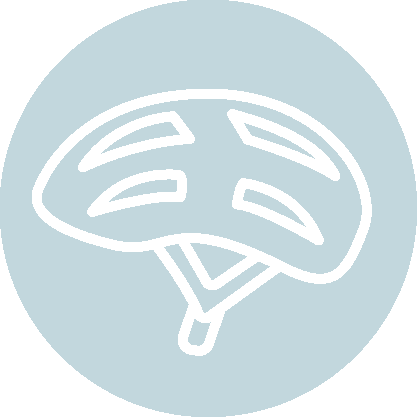
Protect Your Head
There is solid evidence that brain injuries increase the risk of developing certain forms of dementia, and repeated head injuries may increase the risk even more.
Protect your head by appropriately wearing helmets and seatbelts and make sure kids ride in approved car seats too. Preventing falls, especially for older adults, is important—try to remove tripping hazards, for example.
SCLD offers a series of workshops titled A Matter of Balance: Preventing Falls for older adults who are worried about falling and want to increase flexibility, strength, and balance.
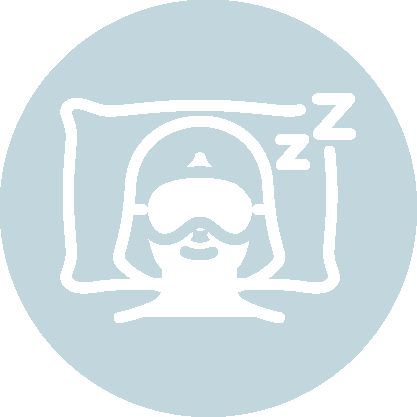
Sleep Well
Good quality sleep is important for brain health. If you have a sleep-related problem, such as sleep apnea, talk to a doctor.
Work towards improving the quality of your daily sleep by minimizing disruptions and making your sleep environment as comfortable as possible, with your preferred lighting, temperature, and noise level.
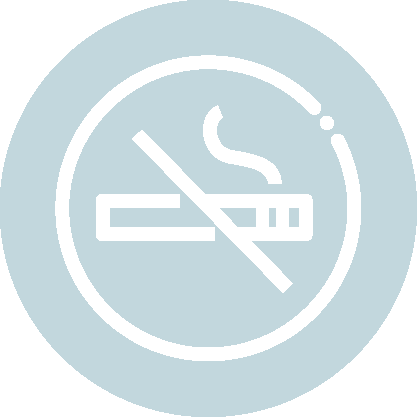
Be Smoke Free
There is strong evidence that smoking increases the risk of cognitive decline and possibly dementia (for current smokers). Quitting smoking can lower the risk of cognitive decline back to levels similar to those who have not smoked.
Finding More Information & Resources
I want to make sure you know about the ways the Alzheimer’s Association can help you and your community. No matter where you are on your journey, you are not alone.
Our 24/7 Helpline (call 800.272.3900) is available around the clock, 365 days a year. Through this free service, specialists and masters-level clinicians offer confidential support and information to people living with dementia, caregivers, families, and the public.
The Alzheimer’s Association website offers a wide range of dementia and aging-related resources that connect individuals facing dementia with local programs and services. We also provide easy access to resources, community programs, and services in your local community.
Our face-to-face and virtual education and support programs ensure that our services reach all communities. Our education programs include basic, introductory information as well as more advanced caregiver topics and programming for professional care providers.
These programs are free and open to the public and delivered by trusted volunteers, staff, and community partners to raise awareness and encourage people to proactively talk to their doctors about reducing risk, diagnosing dementia early, and undergoing treatment when appropriate.
Programs are also available on-demand through our website. The Association is known for its kind, welcoming, and compassionate support for caregivers and people living with dementia.
In addition to in-person and virtual support groups, the Alzheimer’s Association ALZConnected is a free, online community where people living with dementia and those who care for them can connect with others who understand what they’re going through.
We also offer a suite of online tools to empower those facing the disease, including ALZNavigator, an interactive online tool that creates custom action plans for users based on their current situation. And through community partnerships, we offer early-stage social engagement programs for those living with Alzheimer’s and dementia.
Upcoming Programs
Empowered Caregiver Workshop Series
This five-part series teaches caregivers how to navigate the responsibilities of caring for someone with dementia, while taking care of their own well-being. Topics discussed include building foundations of caregiving, supporting independence, communicating effectively, responding to dementia-related behaviors, and exploring care and support teams. Each hour-long workshop includes time for questions and discussion. For adults
Presented by educators from the Alzheimer’s Association
SPOKANE VALLEY LIBRARY
Monday, Jan 27, Feb 3, 10, 24 & Mar 3, 10–11am
Memory Café
The Memory Café provides a comfortable way for you to connect with other caregivers and people experiencing memory loss while also socializing and building new support networks. Activities include music, crafts, and more. For adults
NORTH SPOKANE LIBRARY
Tuesdays, Feb 4–May 27, 11am–12pm
SPOKANE VALLEY LIBRARY
2nd Mondays, Mar 10, Apr 14 & May 12, 10–11am
You can also find other library programs offered by Dementia Friends.
In partnership with the Alzheimer’s Association, Healthy Aging Spokane is holding a conference on March 8, 2025, on the WSU Spokane Campus. The conference is free and requires registration. Presenters will answer questions you might have about legal matters, medicine, insurance, finances, memory loss, caregiver support, and more. Healthy Aging is a free symposium featuring one-hour sessions by experts who educate and empower you and your loved ones in this season of aging.
Helpful Books
These two lists of digital books on OverDrive and the Libby app have been curated by a collection development librarian and provide helpful information for caregivers and families.
Watch the Podcast
I recently appeared on the Library Out Loud: SCLD podcast, and we discussed upcoming library programs, my work with the Alzheimer’s Association, as well as how the Alzheimer’s Association can help you and your loved ones. Here’s that episode:

Sean Jonz is the Eastern Washington Program Manager for the Alzheimer’s Association. He is also a master trainer for “Staying Connected,” an evidence-based program designed to help individuals living with dementia maintain social interaction and combat isolation by providing opportunities for regular engagement with family, friends, community groups, or dedicated support services, often using activities, technology, and structured social settings to foster meaningful connections. Sean focuses on community outreach and volunteer recruitment and retention. He holds a master’s degree in Addiction Studies and Behavioral Health from Eastern Washington University. He likes to spend time with his 16-year-old son and enjoys reading, cooking, and exercising.
Tags: adults, Alzheimers, books, caregivers, dementia, memory loss, Podcast, programs, workshop

